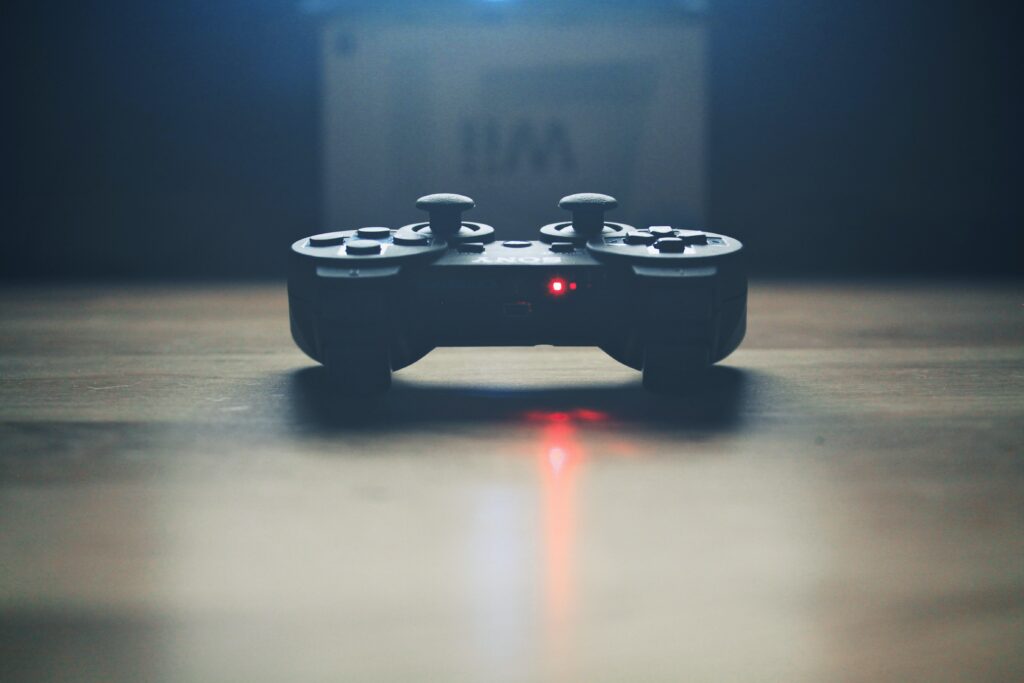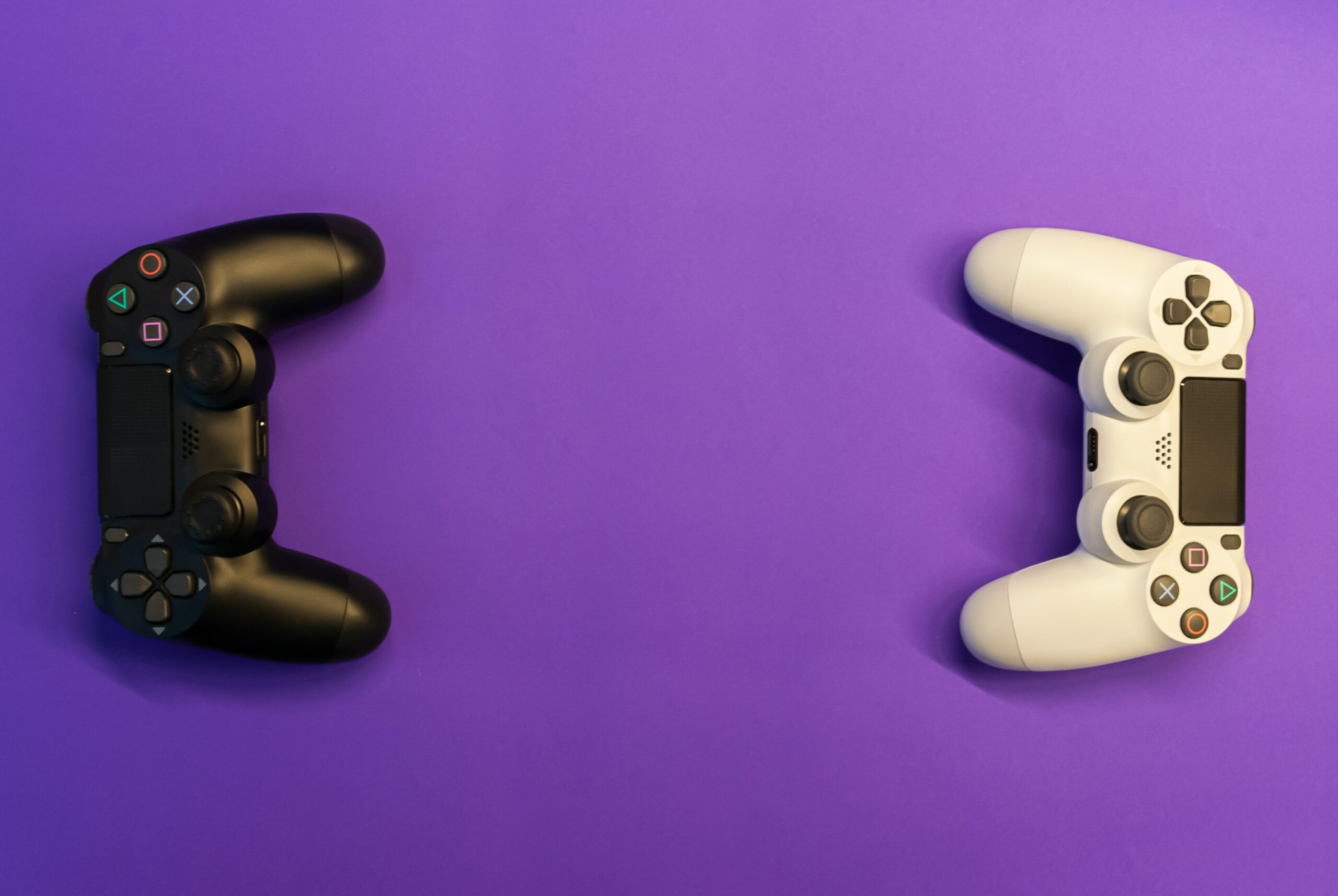Do you ever feel like your pc just can’t connect to wifi? Well, you’re not alone. In fact, a lot of people have this problem. But the good news is that there are some things you can do to fix it.
First, let’s take a look at why wifi connection is so important for your pc. After all, if you can’t connect to wifi, you’re missing out on a lot of potential benefits.
Introduction: Why wifi connection is important for your pc
In today’s world, having a reliable wifi connection is more important than ever. We rely on our computers for everything from work to entertainment, and a poor connection can interfere with our productivity and enjoyment.
There are a few reasons why wifi is so important for our computers. First, more and more of the software we use is web-based. This means that we need a constant connection to the internet in order to use it. Second, we are increasingly using our computers for streaming video and music. A weak or unreliable connection can result in buffering and other playback issues.
Finally, we rely on our computers for communication. Whether we are sending emails, participating in video calls, or just chatting with friends online, a strong wifi connection is essential for clear and uninterrupted communication.

For all these reasons, it’s important to make sure that our computers are connected to a reliable and strong wifi signal. If you’re having trouble connecting to your wifi or experiencing other problems with your connection, there are a few things you can do to try and improve the situation.
The Benefits of a Wifi Connection for Your PC
A wifi connection for your PC offers a number of advantages over a wired connection. A wifi connection is more convenient because you don’t have to physically connect your PC to the router with a cable. A wifi connection is also more flexible because you can connect your PC to the internet in more places, including close to routers that are in different rooms or even in different buildings.
Another advantage of a wifi connection is that it is typically faster than a wired connection. This is because a wifi connection can support higher data rates than a wired connection. Wifi connections also tend to be more reliable than wired connections. This is because there are typically fewer obstacles between the router and the computer when using wifi, which can make the signal stronger.
PC can’t connect to wifi
If you don’t connect your PC to wifi, you could be missing out on important updates and security features. Additionally, you won’t be able to take advantage of the speed and convenience that comes with being connected to the internet.
One of the risks of not connecting your PC to wifi is that you won’t be able to receive important updates. Software companies often release updates that patch security holes and improve performance. If you don’t have wifi, you won’t be able to download these updates and your computer will be more vulnerable to attack.
Another risk is that you won’t be able to take advantage of the speed and convenience that comes with being connected to the internet. With an internet connection, you can quickly download files, stream videos, and access a wealth of information. If you don’t have an internet connection, you’ll be limited in what you can do with your computer.
In short, there are several risks associated with not connecting your PC to wifi. From missing out on important updates to being limited in what you can do, it’s important to consider the drawbacks before deciding whether or not to connect your computer.
How to Connect Your PC to Wifi
If you want to stay connected to the internet, you’ll need to connect your PC to a wifi network. Wifi is a wireless technology that allows devices to connect to the internet without the use of physical cables. Wifi networks are typically found in public places like coffee shops, libraries, and airports.
There are a few things you’ll need in order to connect your PC to wifi:
-A wireless adapter: This is a hardware device that allows your PC to communicate with wifi networks. Most new PCs come with a wireless adapter already installed. If yours doesn’t, you can purchase one from your local computer store or online.
-An active internet connection: In order to connect to a wifi network, you’ll need an active internet connection. This means that you’ll need to sign up for an internet service provider (ISP) and pay for their services.
-The name (SSID) and password of the wifi network: When you set up a wifi network, you’ll give it a name (known as the SSID) and create a password for it. In order to connect to the network, you’ll need both the SSID and password.
Once you have everything you need, follow these steps to connect your PC to wifi:
1)Open the Start menu and click on “Control Panel”.
2)Click on “Network and Internet”.
3)Click on “Network and Sharing Center”.
4)Click on “Set up a new connection or network”.
5)Select “Manually connect to a wireless network” and click “Next”.
6)Enter the SSID and password for the wifi network into the appropriate fields. Make sure that the “Security type” field is set to “WPA2-Personal”.
7)Click “Next” and then “Finish”.
Tips for Optimizing Your Wifi Connection for Your PC
If you rely on your PC for work, play, or both, then you know how frustrating it can be when your computer won’t connect to wifi. Fortunately, there are a few things you can do to troubleshoot and optimize your wifi connection for your PC.
First, check the range of your router. If you’re too far away from the router, you won’t be able to get a strong enough signal. Try moving closer to the router or investing in a wi-fi extender.
Second, check for interference from other devices. If you have a lot of devices competing for bandwidth on your wifi network, that can slow down your connection. Try disconnecting some devices or connecting them to a wired network instead.
Third, make sure your computer’s wireless adapter is enabled and updated. If your adapter is outdated or turned off, you won’t be able to connect to wifi. Check your computer’s documentation or contact the manufacturer for more information on updating your wireless adapter.
Fourth, restart your router and modem. Sometimes all it takes is a reboot to clear up any wifi connection issues.
Finally, if you’re still having trouble connecting to wifi, try using a different browser or contact your ISP for more help.
Troubleshooting Your PC’s Wifi Connection
If you’re having trouble connecting to the internet on your PC, there are a few things you can do to troubleshoot the issue.
First, check to see if your PC is connected to a wireless network. If it is, try disconnecting from the network and then reconnecting. If that doesn’t work, try resetting your PC’s network settings. Finally, if all else fails, you may need to contact your ISP for help.
If you’re not sure how to do any of these things, don’t worry! We’ll walk you through each step below.
FAQs About Connecting Your PC to Wifi
Q: Why is it important to connect my PC to wifi?
A: There are a few reasons why it’s important to connect your PC to wifi. First, it allows you to stay connected to the internet even when you’re not near a router or other wired connection. Second, it can help save battery life on your PC since WiFi uses less power than a wired connection. Finally, connecting to wifi can give you access to additional features and apps that may not be available if you’re only using a wired connection.
Q: How do I connect my PC to wifi?
A: The process for connecting your PC to wifi will vary depending on your operating system and router, but in general, you’ll need to start by ensuring that your computer’s wireless adapter is turned on. Next, you’ll need to find the name (or SSID) of the wireless network you want to connect to and enter the password (if required). Once you’ve done that, your computer should be connected to the internet via wifi!
Q: What do I need in order to connect my PC to wifi?
A: In order to connect your PC to wifi, you’ll need a wireless adapter (built-in or external) and a compatible router. You may also need the password for the network if it’s secured.
Conclusion: The Importance of a Wifi Connection for Your PC
A wifi connection is important for your pc for several reasons. Having a strong, fast, and reliable wifi connection can help improve your pc’s performance, as well as keep you connected to the internet and allow you to take advantage of cloud-based services. In addition, a wifi connection can help reduce cable clutter and make it easier to keep your workspace tidy.
